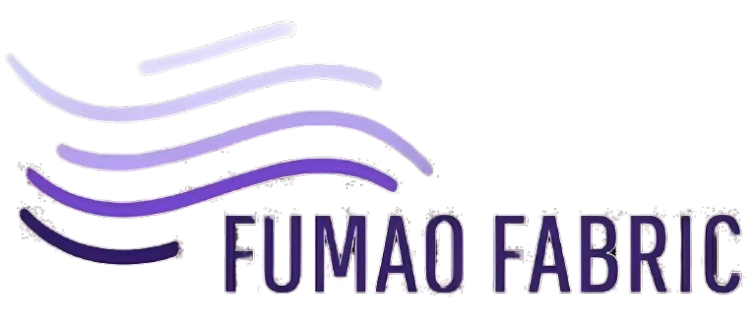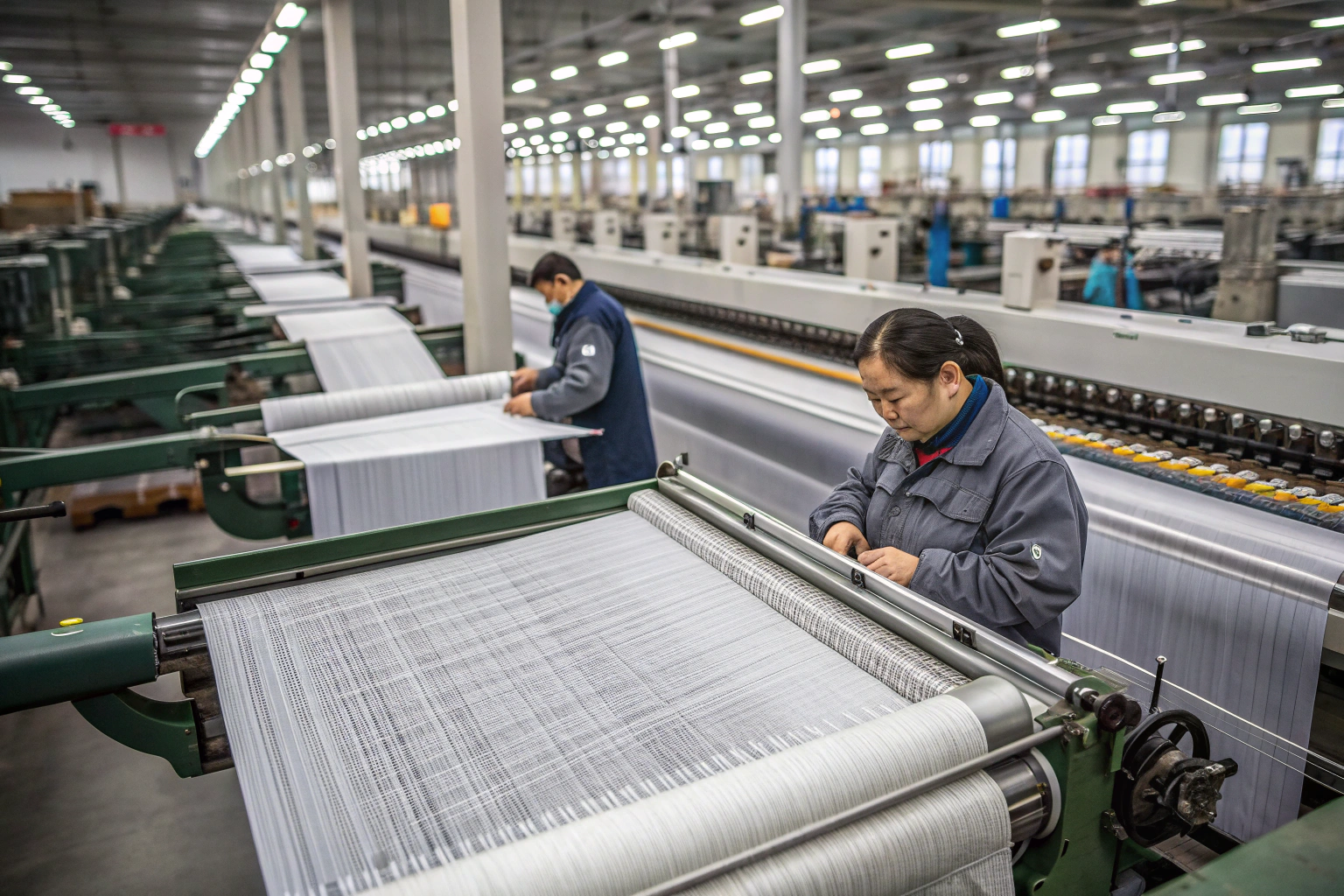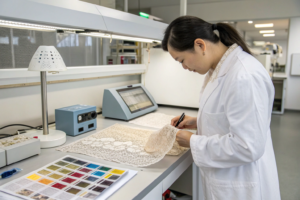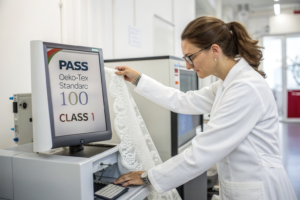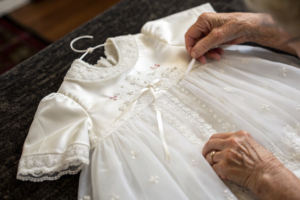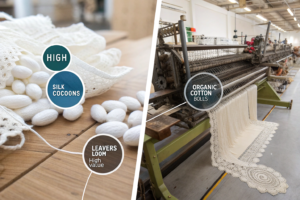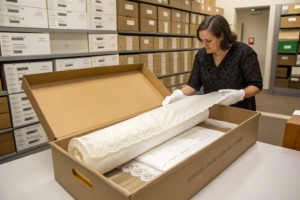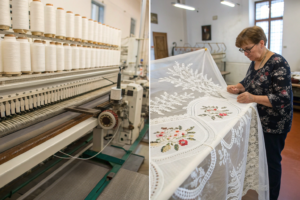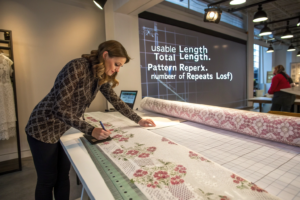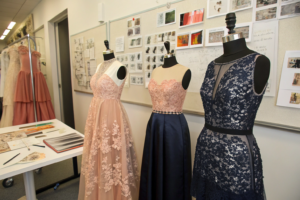Magnetic shape-memory alloy (MSMA) woven textiles are redefining the fabric industry. These innovative materials integrate advanced alloys into traditional weaving techniques, creating fabrics that adapt their shape under magnetic fields. For buyers and sourcing managers in the apparel, sportswear, and smart garment industries, knowing how to source MSMA woven textiles is crucial to gaining a competitive edge. This guide explains what these textiles are, why they matter, how to source them effectively, what challenges to anticipate, and how they are already being applied in real-world markets.
Understanding Magnetic Shape-Memory Alloy Textiles
Magnetic shape-memory alloys (MSMAs) are unique metallic materials that change their shape when exposed to magnetic fields. Unlike traditional shape-memory alloys that respond to heat, MSMAs can deform and recover quickly through magnetic activation. When these fibers are woven into fabrics, the result is a textile that reacts dynamically to external magnetic stimuli.
This feature makes MSMA textiles highly desirable for applications in wearable technology, adaptive clothing, and even medical garments. However, the sourcing process requires careful attention to both material quality and supplier expertise.
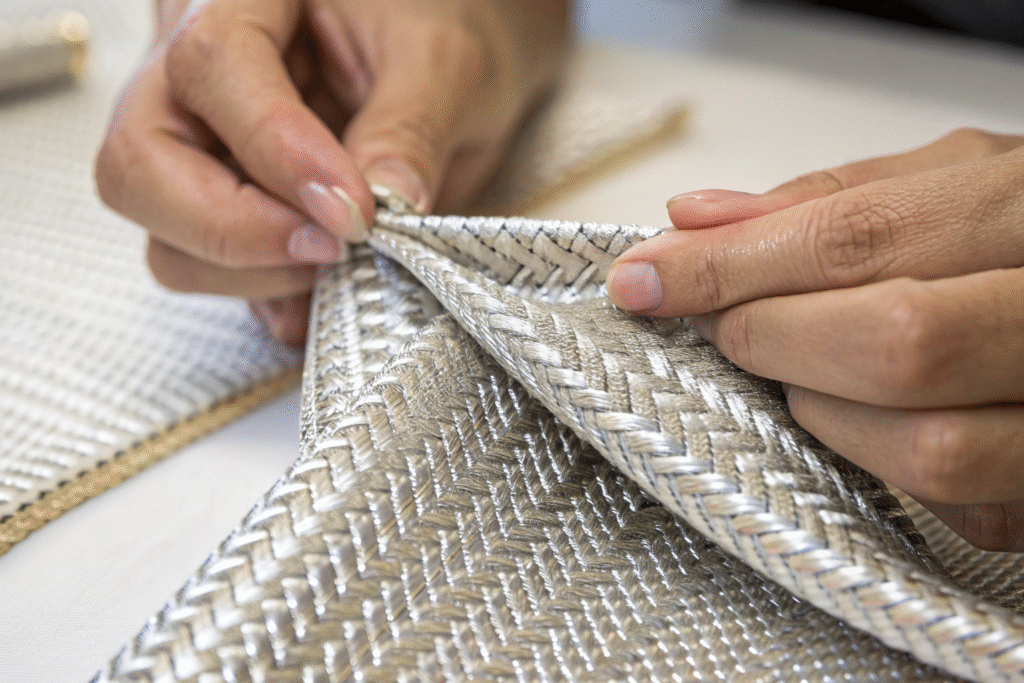
What makes MSMA textiles different?
MSMAs, such as Ni–Mn–Ga alloys, possess a property known as magnetically induced strain, which allows them to undergo reversible deformation when subjected to magnetic fields. This is different from thermal shape-memory alloys like Nitinol, which depend on temperature changes. By weaving these alloys into fabrics, manufacturers create smart textiles that can shift or bend without external heat sources. For more details, see the Wikipedia article on magnetic shape-memory alloys and the research from Auburn University.
Why integrate MSMAs into woven fabrics?
Woven fabrics offer strength, flexibility, and structure. By embedding MSMA wires within the weave, textile engineers can maintain durability while adding responsiveness. This combination is especially attractive for smart wearables, as fabrics remain comfortable yet adaptable. Further insights are available from IJSR’s technical paper and EuropePMC research.
Benefits for Buyers of MSMA Woven Fabrics
For buyers in industries like sports apparel, healthcare, or smart fashion, MSMA textiles represent a new category of value-added materials. They combine performance, innovation, and style, giving brands a competitive edge in global markets.
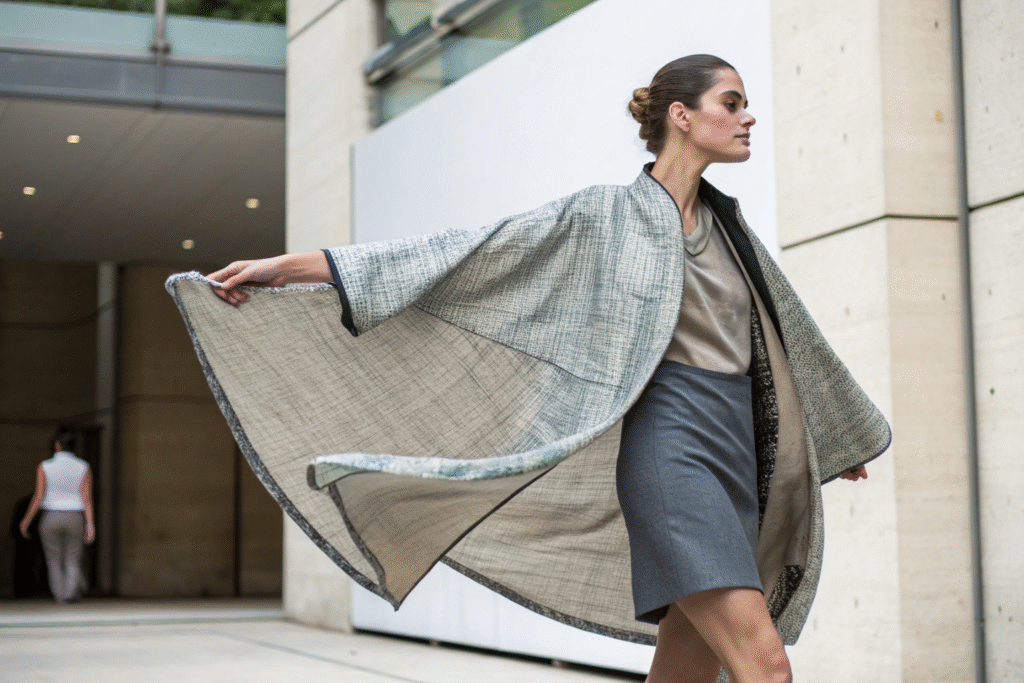
How can MSMA fabrics improve product performance?
MSMA fabrics can adjust their fit, ventilation, or compression levels in real time. Imagine a sports jacket that adapts its tightness during exercise, or a medical sleeve that alters compression based on a patient’s needs. These innovations improve both comfort and functionality. You can explore similar applications in X-MOL’s research paper and Colab’s article on textile engineering.
Why are MSMA fabrics appealing for fashion brands?
Fashion buyers want textiles that combine cutting-edge technology with attractive aesthetics. MSMA woven fabrics allow brands to market adaptive garments, setting them apart from competitors. This resonates with modern consumers who seek both functionality and sustainability. For reference, see ACM’s wearable textile studies and Biblio UGent’s textile publication.
Practical Steps to Source MSMA Woven Textiles
Sourcing MSMA woven textiles is not the same as sourcing standard cotton or polyester fabrics. Buyers must approach this market strategically, with attention to supplier capability, testing protocols, and logistics.
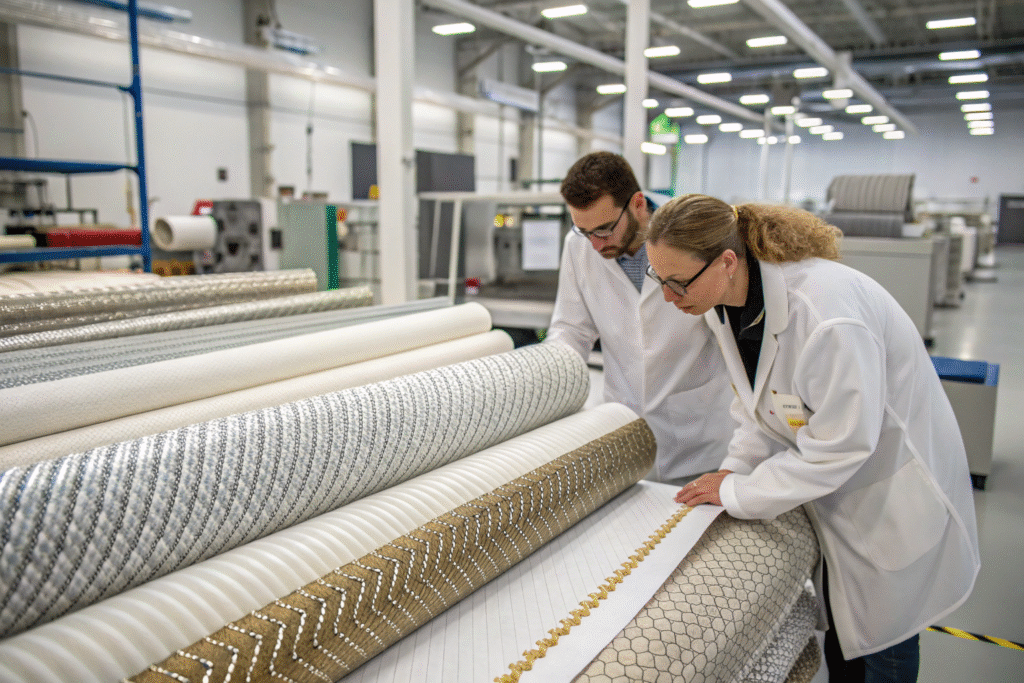
Where to find MSMA textile suppliers?
Start by identifying suppliers that specialize in advanced smart textiles or shape-memory alloys. Many alloy manufacturers already produce Ni–Mn–Ga wires, but only a few integrate them into woven fabrics. Useful directories include Ecer’s alloy supplier listings and EuropePMC research papers. Trade shows focusing on smart materials and high-performance textiles are also excellent sourcing channels.
How to evaluate supplier reliability?
A reliable supplier should provide certificates for alloy quality, weaving consistency, and textile performance under magnetic activation. Always request fabric samples and test results for washability, durability, and repeat performance. Suppliers with in-house labs or CNAS/SGS-certified testing centers are more trustworthy. For examples, see SGS textile testing services and Intertek quality assurance.
Key Challenges in Sourcing MSMA Textiles
Although promising, MSMA woven textiles are still an emerging technology. Buyers must anticipate hurdles when sourcing them.
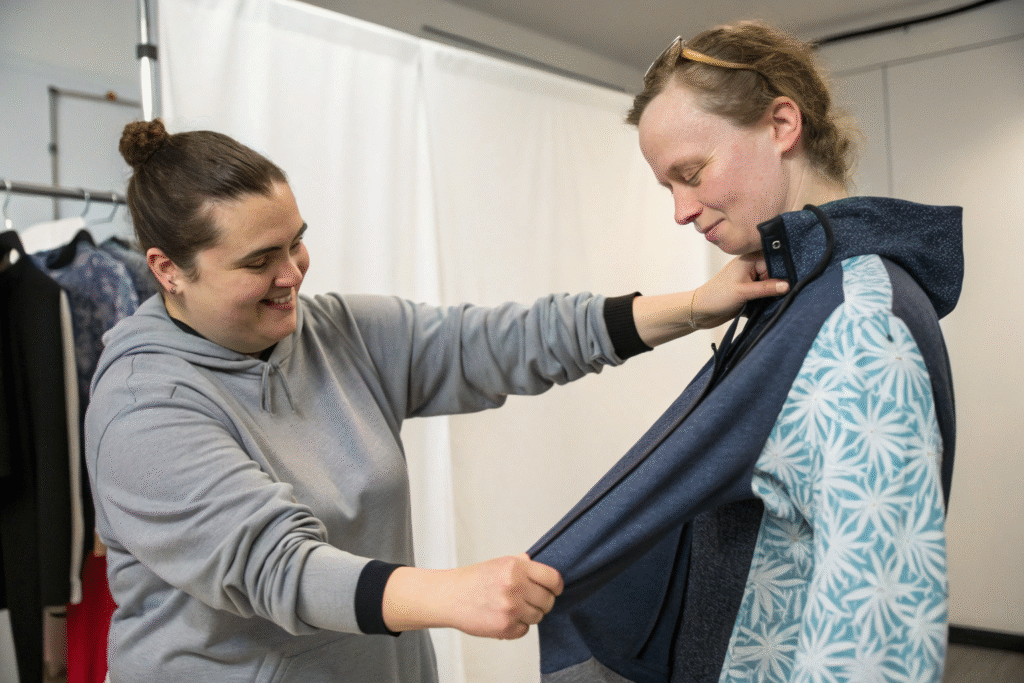
What technical issues may arise?
Activation requires controlled magnetic fields, which can complicate product design. In addition, repeated use or washing may degrade the alloy’s responsiveness. Buyers must ensure suppliers conduct long-term durability testing. For insights, see Colab textile durability studies and Biblio UGent textile research.
Why are standards and certifications limited?
The industry lacks widely accepted standards for MSMA fabrics. Most performance data comes from laboratory experiments rather than large-scale production. Buyers need to rely on supplier transparency and third-party testing. Research at Wikipedia on MSMAs and ACM’s wearable systems paper discusses these limitations.
Conclusion
Magnetic shape-memory alloy woven textiles are not just a laboratory concept—they are the future of smart fabrics. They merge alloy innovation with traditional weaving, offering buyers materials that are adaptive, functional, and stylish.
For sourcing professionals, the path involves understanding the technology, identifying capable suppliers, demanding rigorous testing, and preparing for market challenges. While the field is still young, opportunities for early adopters are significant.
At Shanghai Fumao, we specialize in innovative textile sourcing and development. If you are ready to explore MSMA woven fabrics or develop your own customized smart textiles, we are here to help. You can contact our Business Director Elaine at elaine@fumaoclothing.com to start your sourcing journey today.
